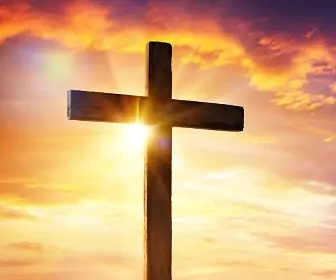
Wearing of miniskirts could soon land one in jail or attract heavy fines if Parliament approves a new piece of legislation that seeks to further clarify the offence of pornography in Uganda’s laws.
The government is riding on its view that pornography has become such an “insidious social problem” to get the Bill through Parliament.
It also argues that because there has been an “increase in pornographic materials in the Ugandan mass media and nude dancing in the entertainment world, there is need to establish a legal framework to regulate such vices.”
In its current form, it is proposed that those found guilty of abetting pornography face a fine of Ush10 million ($3,850) under the draft law titled: The Anti-Pornography Bill, 2011 or a jail stint not exceeding 10 years, or both.
But the draft law ran into early turbulence in the Legal and Parliamentary Affairs Committee Thursday after some members expressed concerns about its implications for freedoms guaranteed in the Constitution.
MPs in the committee also criticised the government’s attempts to legislate for sex, a course of action which could see it labelling some age-old cultural practices as pornographic.
The Bill defines pornography as any cultural practice, form of behaviour or form of communication or speech or information or literature or publication in whole or publication in part or news story or entertainment or stage play or broadcast or music or dance or art or graphic or picture or photography or video recording or leisure activity or show or exhibition.
It also prohibits any combination of the preceding that depicts unclothed or under clothed parts of the human body such as breasts, thighs, buttocks and genitalia, a person engaged in explicit sexual activities or conduct; erotic behaviour intended to cause sexual excitement and any indecent act or behaviour tending to corrupt morals.
Lawmakers said the Bill’s definition of pornography was too broad and that it went against Uganda’s tradition of being tolerant of cultural diversity.
Ethics Minister Simon Lokodo, who presented the proposed law backed by Deputy Attorney General Fred Ruhindi, said the Bill was needed to protect women and children against exploitation and curb the increasing immorality.
“The need to put in place a law that prohibits pornography is necessitated by the dangers it poses to moral fabric of the society,” Rev Lokodo said, adding that the right to entertainment and the right to broadcast or publish any material does not include the right to engage in pornographic matters or obscene publication as they tend to corrupt public morals.
The minister speaks about “serious defects” in existing laws which make it imperative for new laws to stamp out pornography.
“The right to entertainment and the right to broadcast or publish any material does not include the right to engage or broadcast pornographic matters or obscene publication in so far as they tend to offend or corrupt public morals,” he states in the Bill.
The minister said one of the dangers of pornography is that it fuels sexual crimes against women and children, including rape and child molestation.
While the Bill seeks to outlaw indecent dressing among other social behaviours deemed pornographic under the legal parameters of the Bill, the lawmakers said the lack of definition for what constitutes “decent dressing” makes the Bill awkward and asked the government to stop curtailing freedoms in the country which could scare away tourists.
Responding to the members who expressed fears that the Bill might inhibit the sexual behaviours of romantic spouses or couples, the minister said if the Bill is passed into law, pornography will not include “any act or behaviour between spouses or couples performed in fulfilment of their conjugal rights and responsibilities, where such matters are strictly private”.
Also pardoned in the Bill are the teaching aides and other medical or scientific apparatus approved by the minister responsible for education or health, for appropriate educational purposes in schools, institutions, health centres or the public.
While some committee members urged that Section 166 of the Penal Code Act, Cap.120 already outlaws pornography, the minister said the Penal Code only caters for trafficking in obscene publication yet the issue of pornography transcends publication.
Members, however, flatly rejected the minister’s proposal to establish an Anti-Pornography Committee, observing that the police would enforce the law.
Source:theeastafrican.co.ke







